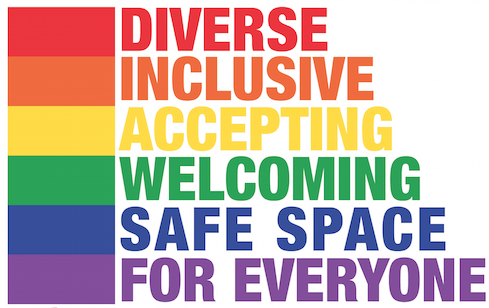Is it possible to not be an extremist, when fighting, deleting, and destroying perceived, assumed "bad"?
You said that was "in reference to this".
The bit of "this" which defined "extremist" was as follows:
What is an extremist view?
Generally it refers to views that blithely reject well-established facts. The views themselves may or may not be hateful, but they are always delusional. Such views seem like an innocuous theory, but they often aim at creating a nationalist, sectarian fundamentalism.
It is not possible to define these with precision, so I will decide on a case by case basis, with consultation if necessary.
We are concerned primarily with Buddhist extremist views, but other forms of anti-reality extremism are included, such as climate change denial.
Examples of hateful views include anti-semitic, homophobic, misogynist, racist, and pro-nazi ideas.
Examples of non-hateful extremist views include:
- The Buddha was born in Sri Lanka.
- Anicca doesn’t mean impermanence.
- The original Pali manuscripts at Aluvihara exist.
- Pali fundamentalism (Chinese texts are all Mahayana, etc.).
In that context, "extremist" is defined as meaning "blithely reject well-established facts" (with examples).
So are you asking, "is it possible to reject statements which reject well-established facts, without yourself rjecting well-established facts"?
Anyway I think the Four Great References ask you to consider statements "without approval and without scorn", and compare those statements to other statements before deciding whether to accept or reject them.
I suppose they have done something like that with those statements (e.g. compared "The Buddha was born in Sri Lanka" with other "well-established facts"), found that they contradict, and decided not to accept them.
Incidentally I think you have a different view on this topic -- perhaps I'm misquoting you but I remember you, Samana, as expressing disapproval of someone who rejected a statement like, "The Buddha was born in Sri Lanka" -- because in your opinion a statement like that is associated with someone's faith (in Buddhism), and to reject the statement might be to decrease that person's faith (and decreasing someone's faith is a bad thing).
Is a position of anti-hate automatically hate?
I think the opening verses of the Dhammapada advocate against "hate" and say that "hate" is not right.
It uses the word avera (i.e. "a + vera").
I think of this word as meaning "without hate" or "non-hate" -- but Ven. Sujato now translates that as "love", saying,
Negatives in Pali often have a stronger sense than in English, so avera is indeed a synonym for mettā.
Another question is whether a site like SuttaCentral should feel obliged to accept, tolerate, welcome, or permit (and not censor or delete) every post, no matter what it says and how it says -- even "extremist" and "hateful" posts.
If not, when does a position of anti-hate become hate - with respect to Dhamma?
I think that the Vinaya doesn't expect a sangha to welcome or even to tolerate every view -- it expects "schisms" to be resolved, may eventually forbid someone from attending meetings, and isn't obliged to accept everyone (no matter what they say) in the first place.
I'm not saying that SuttaCentral is a Sangha, but I think that -- some consensus or social contract (or rules) on what's said, how it's said, what's on-topic -- is a feature of almost every "community" that I know of.
A possible exception is a public community. For example people have little choice but to be a citizen of a country, they're required to belong to that community. In exchange the country might (or might not) have "free speech" laws where the government and the government's laws try to be permissive about what people are allowed to say.
That's not so true of private communities, or voluntary associations -- where you can choose to join (or not) a community and the community can choose (or not) whether to accept that, and on what terms and conditions.

